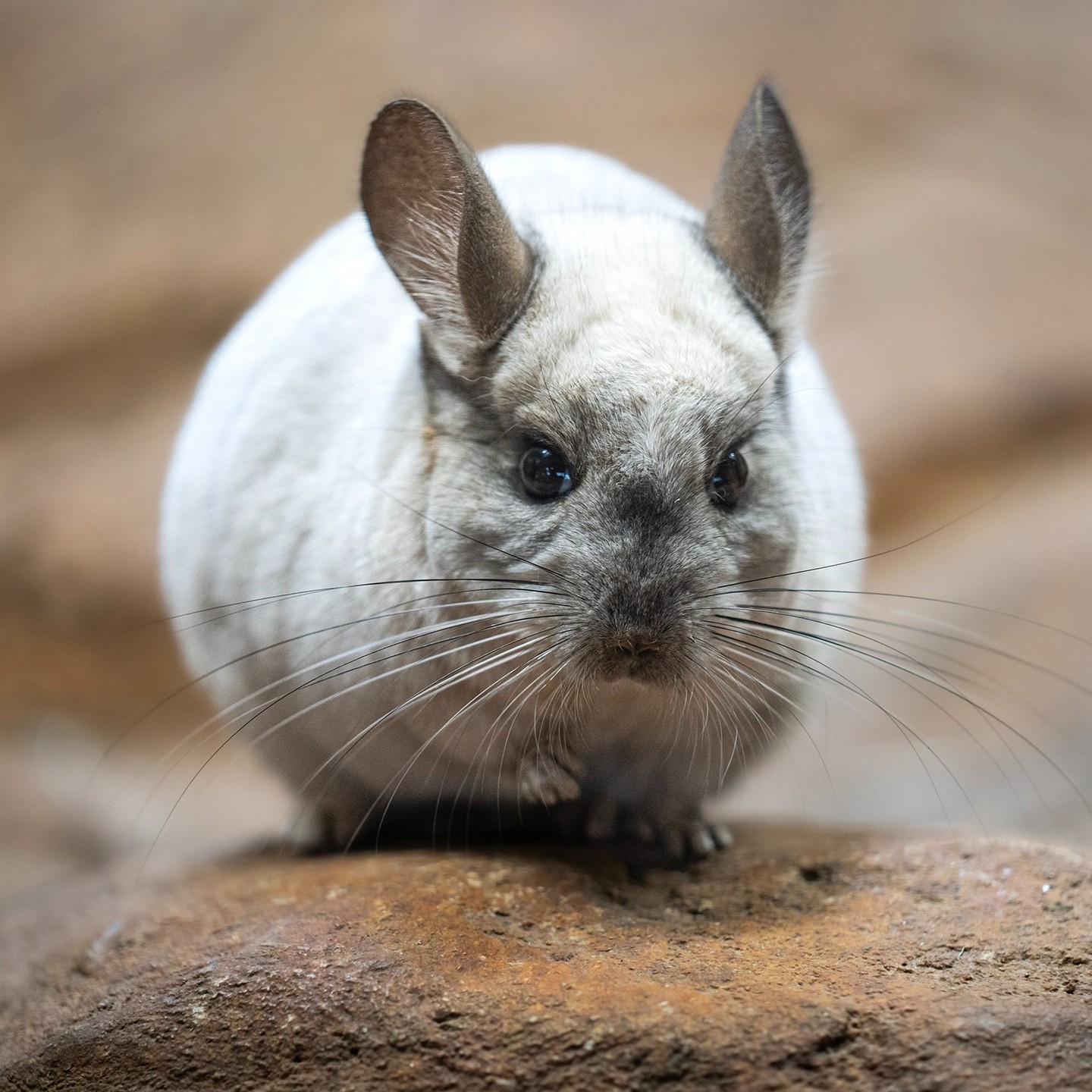- Learn about Chinchilla Day and its impact on global conservation awareness.
- Understand why chinchillas are endangered and their critical role in the ecosystem.
- Explore the collaboration between Zoo New England and the AZA’s ChinchillaSAFE program.
- Discover how public engagement and zoo visits support chinchilla conservation efforts.
Chinchilla Day is a global recognition event dedicated to raising awareness for these adorable rodents, often affectionately referred to as "bouncy little floofs." With their dense, soft fur and endearing demeanor, chinchillas have captured the hearts of animal enthusiasts worldwide. However, beyond the cuteness lies a pressing conservation crisis. Chinchillas are now endangered in the wild, mainly due to habitat destruction and hunting. To protect these precious animals, initiatives like Chinchilla Day aim to highlight the urgent need for conservation efforts and rally public support.
Chinchillas, native to the Andes Mountains of South America, have faced severe population declines. This decline is primarily driven by the demand for their fur and the destruction of their natural habitat. These small mammals play a critical role in their ecosystem. As they graze on vegetation, they help maintain the ecological balance by preventing overgrowth and promoting plant diversity. With their numbers dwindling, the ecosystems they inhabit risk significant disruption.
This is where Zoo New England’s partnership with the ChinchillaSAFE program becomes vital. This program, led by the Association of Zoos and Aquariums (AZA), focuses on studying and protecting the short-tailed chinchilla’s remaining wild colonies. By observing and understanding their habits, researchers can develop targeted strategies to aid in their survival. This collaboration not only aims to boost chinchilla populations but also to educate the public on the importance of supporting conservation efforts.
Public involvement is crucial for the success of conservation programs. Visiting zoos, such as the Stone Zoo, provides an opportunity for people to engage with chinchillas and learn more about their plight. Animal care staff often host keeper chats, where they discuss the challenges chinchillas face in the wild and detail the steps being taken to preserve their habitats. These interactive sessions are complemented by providing enriching environments for zoo-kept chinchillas, such as Blossom and Buttercup, to thrive and be active. Zoos serve as educational platforms to help ignite a passion for wildlife conservation among visitors.
Memberships and ticket sales at zoos play a direct role in funding conservation efforts. A portion of the revenue generated supports research, habitat preservation, and educational outreach programs. By visiting zoos or becoming members, individuals contribute to ongoing efforts to protect endangered species like chinchillas. Furthermore, these contributions enable the continuation of programs that aim to reestablish chinchilla populations in South America, ensuring their survival for future generations.
Chinchilla Day aims to increase worldwide conservation awareness while highlighting the need for action in preserving these animals. With efforts spanning from local zoo education to international collaboration, every step counts towards ensuring a future where chinchillas can thrive in their natural habitats. As more people become aware of their plight, the hope is that collective actions will lead to their recovery and the continued diversity of our planet’s wildlife.
By participating in Chinchilla Day activities and visiting zoos like the Stone Zoo, individuals can play a meaningful role in supporting these conservation endeavors. Every action, no matter how small, contributes to the larger mission of saving the chinchillas and protecting our planet’s rich biodiversity. Through continued engagement and education, the goal is to create a more informed and active community dedicated to wildlife conservation.
*****
Source Description
Get ready for Chinchilla Day — a global recognition of these bouncy little floofs that need our help. Chinchillas are endangered in the wild, but Zoo New England is partnering with AZA’s ChinchillaSAFE program to study and protect some of the last known colonies of short-tailed chinchillas in the wild. Get the full story on our Conservation Blog at the link in our bio.
Wanna know more? Wanna support our work? Wanna dial up the cute this weekend? Visit Blossom and Buttercup at Stone Zoo tomorrow! Watch them enjoy special enrichment, and you might even catch a special keeper chat. Your membership and ticket sales in part support these important conservation efforts.


